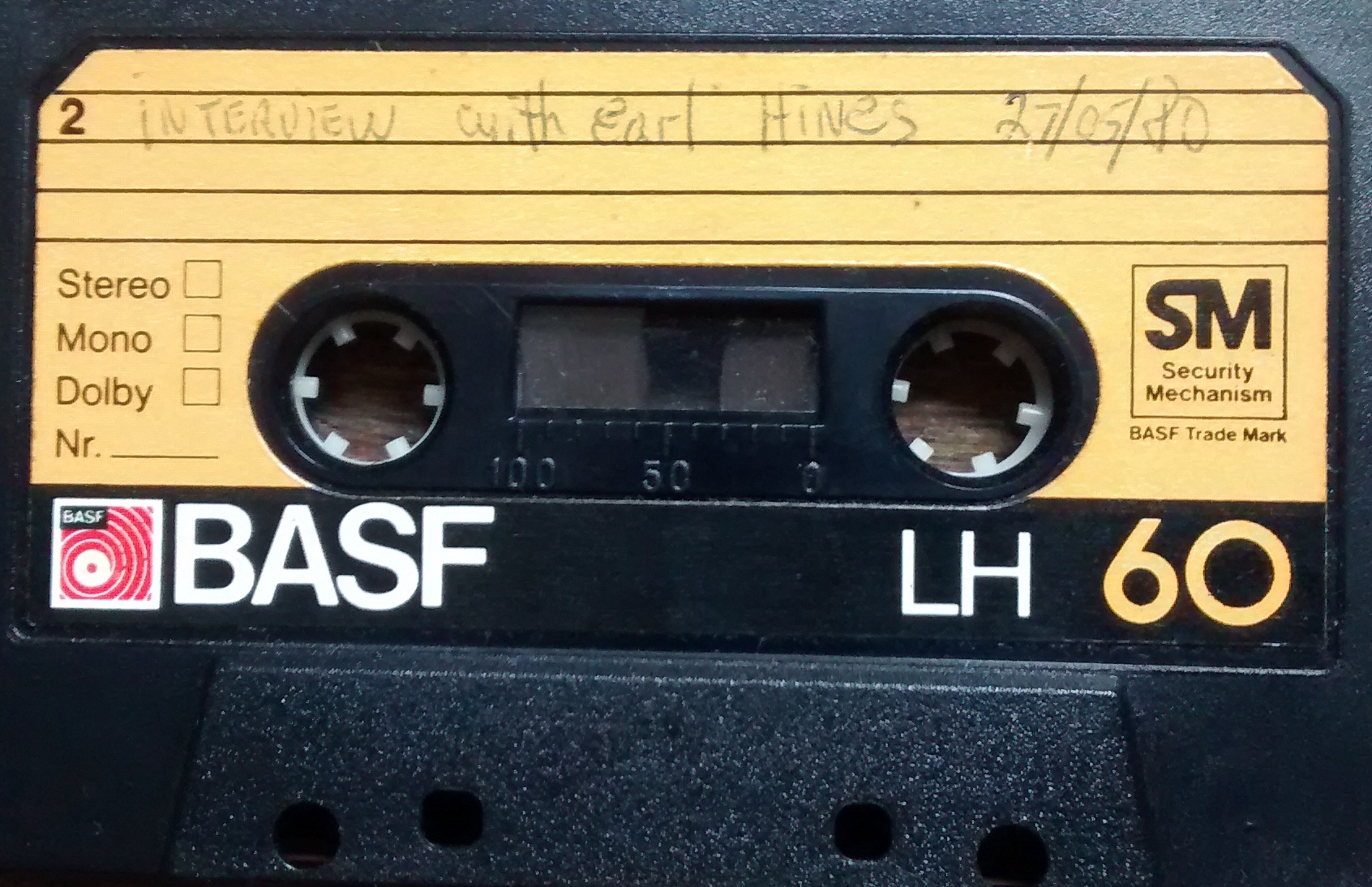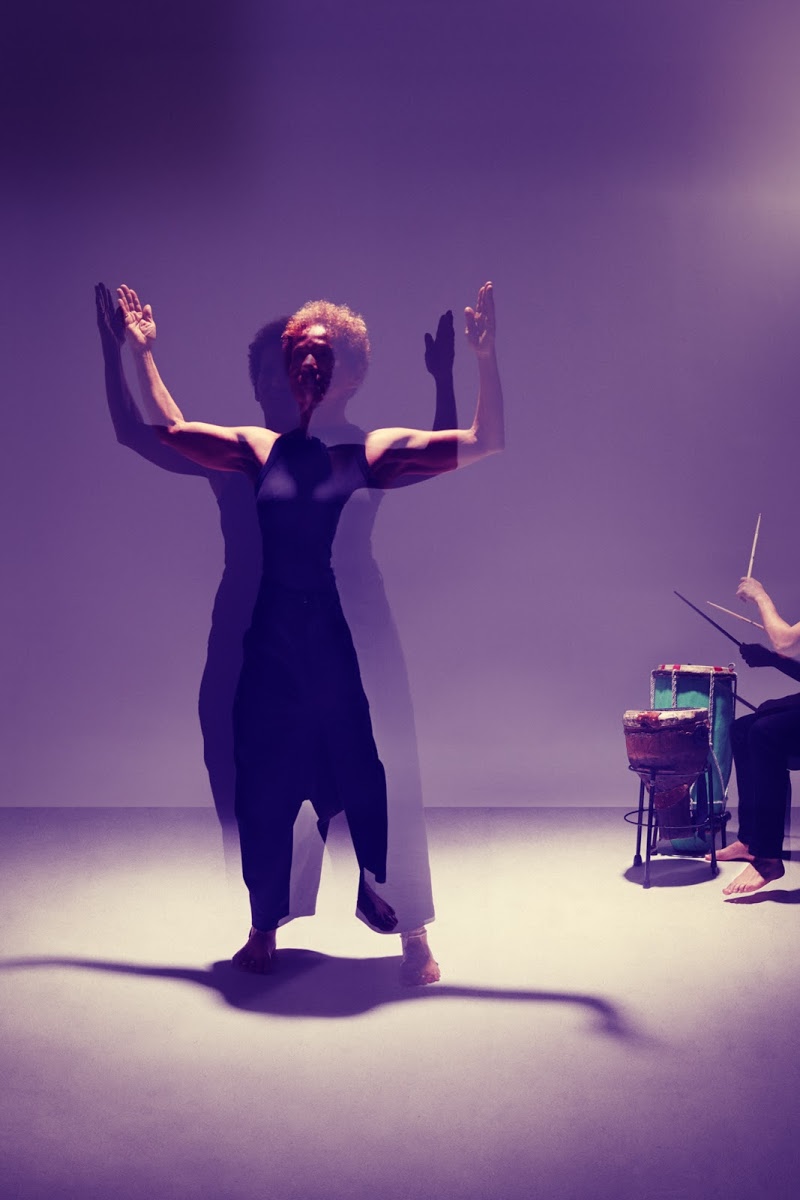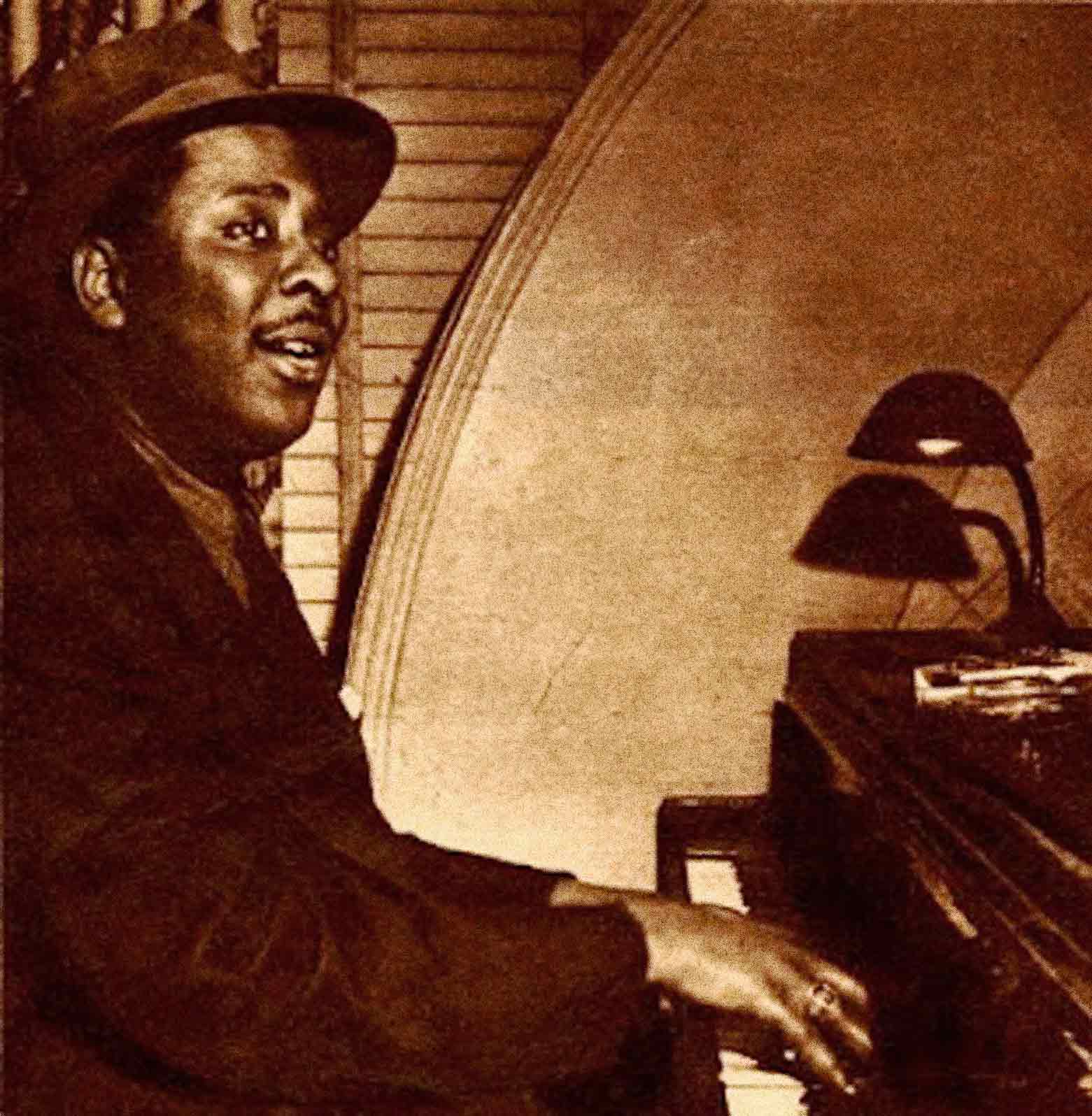
Little Burgundy Piano
In his room by St. Antoine, in a stone house
Steep Wade sits on the edge of his bed and listens to the train,
hears the grumble of the wheels, the squeal of the brakes
while in his hands and fingers the ghosts of Tin Pan Alley tunes sleep.
The curtains, diaphanous but stained a faint brown,
filter sunlight from the street. The ashtray
fills with butts from the cigarettes he smokes, one after the other
in patient meditation, as a song sails through his soul.
It does not do anymore to hang out at “the corner,”
at Café St. Michel, Chez Parée. The curious
crowds come more for each other than the music.
Here he can sit and listen to the sketches of spontaneous birds
outside the window, and watch the harmonies
played by the sun through the clouds and feel the rhythms
of the streetcars and buses that remind him of playing to Bird’s horn
when he came through town looking for the one
who could feed him chords like no one else,
the one who has decided
he’s had enough of life
and contemplates other possibilities.
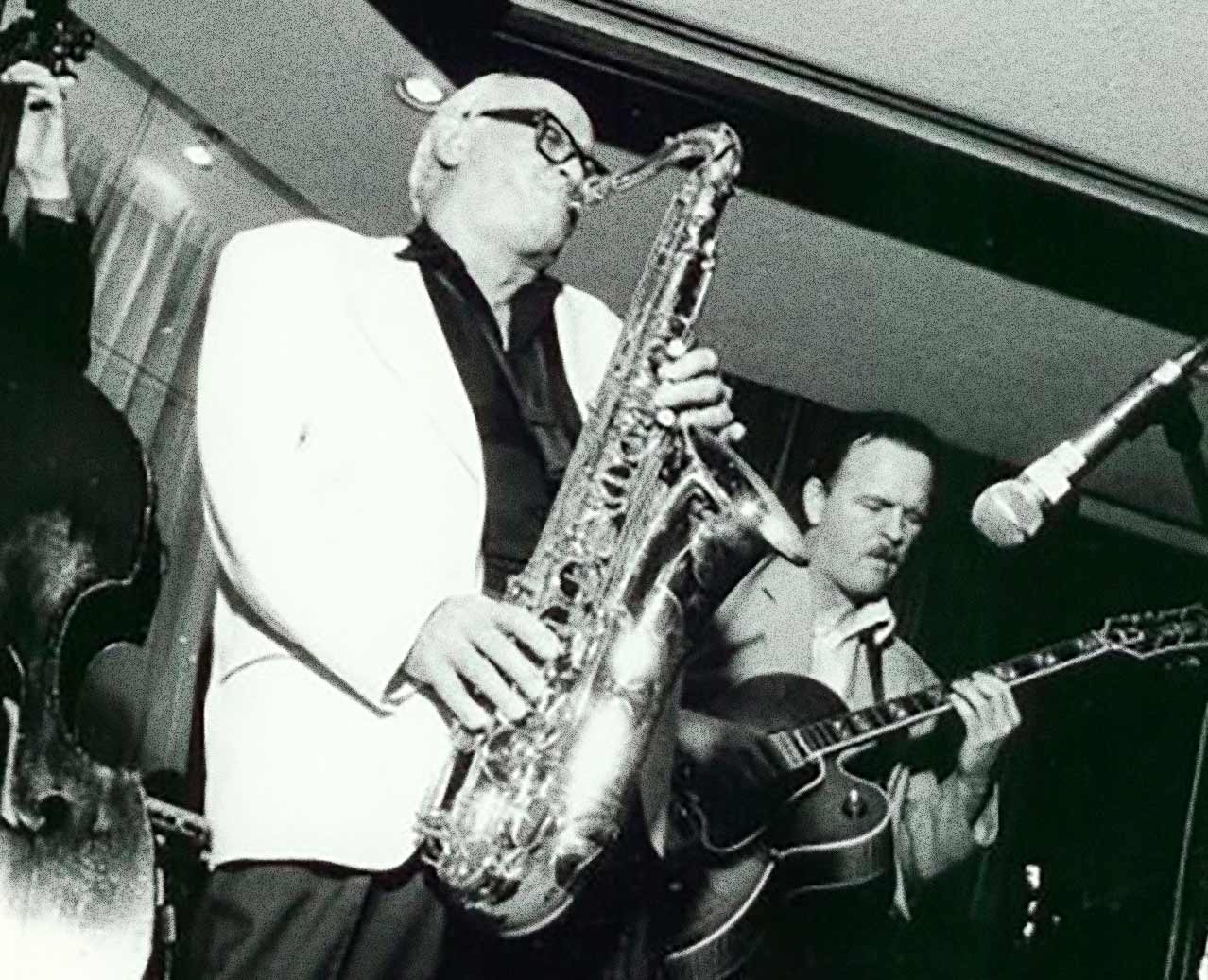
Boogie Gaudet
“I don’t know how he does it,” says the barmaid
as the saxophonist lights up another one.
“He smokes one pack a day, down
from two packs.” These are facts.
Another fact is he’s a 74-year-old
saxophone player who can swing his tenor
like a seasoned woodsman does an ax,
chopping logs in stacks.
Or he cradles it like a dancer dropping a partner
in the amorous curl of a dance.
He pivots on the brink of a melody
that comes to him as he plays.
He stops, listens to what others have to say,
piano, bass, and casually flips another cigarette
into his mouth when the drummer starts his solo.
Tamer of the tenor since he was ten, he sloops back to his sax,
lifts nuggets from Newk, wisdom from Webster,
spiels the language inside-out and backwards, can
babble it in Pig Latin, thinking
on his feet as if music were dance
and dance all you need to know.
Slip-knotted, double-jointed,
smokescreen dazzle,
he’s back with a clear statement,
his horn-rimmed glasses slipping down his nose.
“We’re going to do one last one
then we’ll head to the bar for a transfusion.”
That’s where I approach him, yellow-fingered,
impish before a pint. I introduce my friend.
“He also plays tenor,” I say.
“My sympathies,” he says.
“He speaks French and Spanish,” I say
and in Spanish he curses the saxophone he’s known for 60 years
like old men sometimes speak of wives
who’ve made them know love’s give and take
but whose lives are deeper
than those of men who choose to sleep alone.
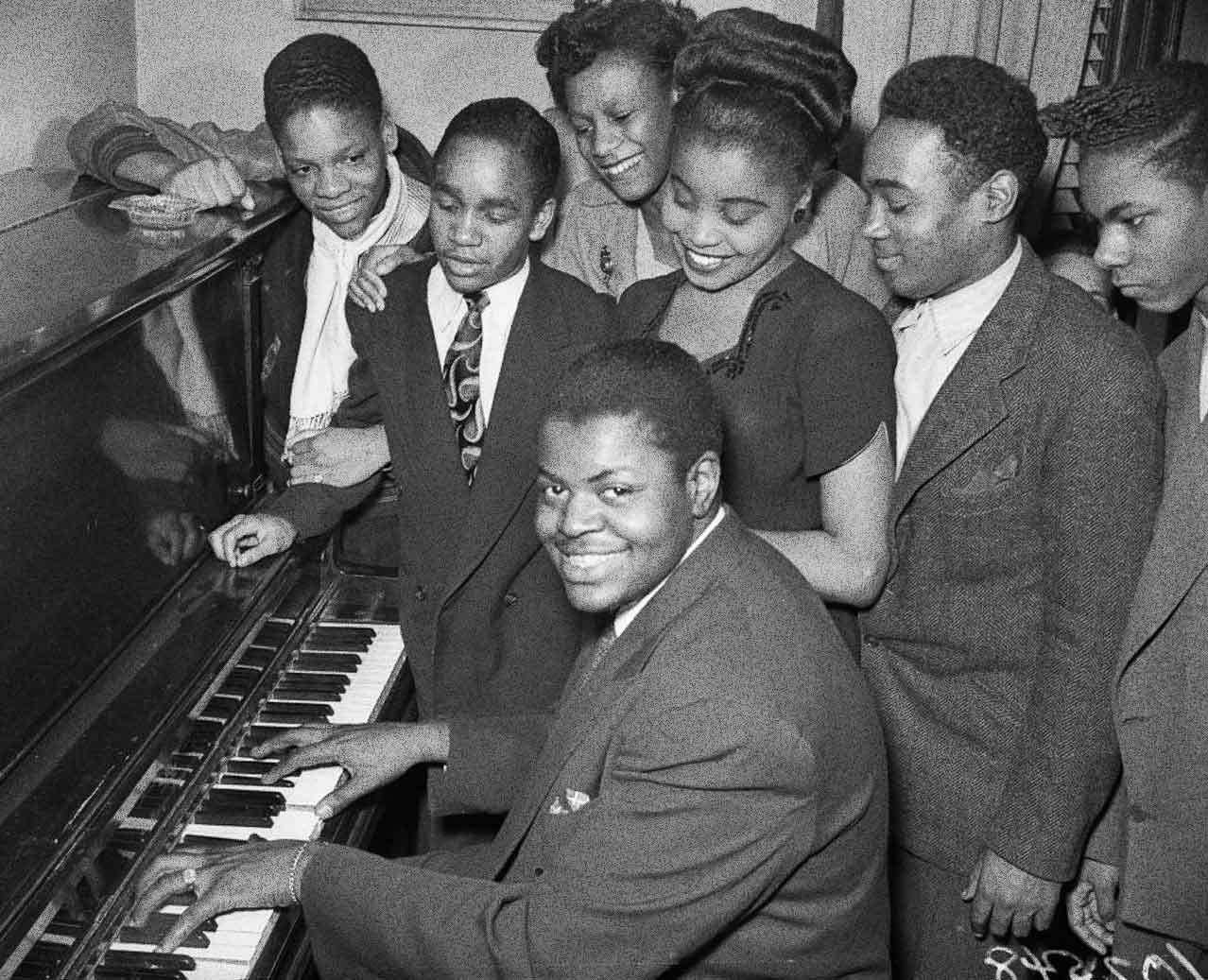
Dropping Notes
Oscar Peterson’s piano playing was highly glossed and brilliant.
He was the Maharaja of the keyboard, they said.
Technique sparkled like ceremonial regalia
as he rolled out the royal carpet of the American Songbook and the blues.
Music was in his heart and soul
as smooth as a silk suit and as flamboyant as
a specked tie, and the flourish of song
rushing through a room
washing away the dirt from our ears.
When he started dropping notes late in his career
his wife got suspicious and so did his peers
and a doctor found he’d had a stroke,
which explained things.
I’ve always dropped notes. Like most
mortal musicians, it’s part of my sound.
When I play, the glitches leave something out,
the missed note, dropped
into eternal silence, but for Oscar to tumble
to such depths, it took a stroke.
He said at a press conference at the Ritz in Montréal
that musicians are master mathematicians
and dared anyone to defy it.
Everything the hands and fingers and breath translate
into song, he seemed to suggest, is precisely placed.
After they rolled him into the auditorium the night
a university concert hall in Montréal was named
in his honour, he struggled over to the piano bench,
his left hand flopped simplistically like a lesser pianist’s
while his right hand did its usual magic.
In his shadow I ply my plectrum
and push the strings into chords
and lines of song that are mere wisps
of the possible that Oscar knew so deeply,
and though his hands have failed
we still hear the silence he has left us as a reminder
of the glitch that eventually gets us all.

Respect
Outside the music practice room door
I wait to speak to the man inside
teaching a student the finer points
of John Coltrane’s “Impressions.”
I can’t tell who is student, who is teacher from the sound.
Both fluid, smooth and round trumpets, air through tubes
singing in the sweet spring academic air.
A backing track
plays the piano chords, bass lines and drum accompaniment.
Someone improvises a simple variation
and then an embellishment of the simple original melody.
A pause. The student repeats the teacher’s phrase.
Another pause. Then more lines, more repetition and soon
you can’t tell who is playing what.
The tone is pure, vibrato-less, dignified and poised,
though only three notes are used in motivic fashion,
inverted, retrograde, another note interpolated,
ultra-polated, infra-polated, ultra-infrapolated
to the whim of the imagination of the player
here restricted by the simplest of forms.
The track hovers for a few seconds in a fermata
and then there is silence. Seconds later,
cases snap shut. Voices mumble something, then
the door springs open and Professor Charles Ellison emerges,
black slick trumpet case in hand.
I greet him. We are to sit for an interview
on the jazz scene in Montréal. I’m writing
an article for Downbeat, an overview
of Montréal as a jazz town, and Ellison
is part of it, helped define it as an educator.
I tell him the session sounded interesting and that
I couldn’t tell the student from the teacher.
He looks at me puzzled, maybe insulted, annoyed.
I say the playing was beautiful.
He tells me that students don’t know
how to play the blues.
He was teaching how to play the blues
in a meaningful way
even if it’s not over blues changes, but two chords
like Coltrane’s tune
based on Miles Davis’s “So What.”
He tells me something like “people play the blues like
they wear expensive ragged jeans, rather
than proper clothes. I think the blues are like that.
You wouldn’t wear ragged jeans if you were poor
unless you had to, so why
play the blues that way? The blues
can be dignified and should be treated with respect.”
He then tells me about how people do not give seats up to the elderly on buses.
“I’ll come up to them and tell them to do so, if I see that,” he says.
“Respect!”
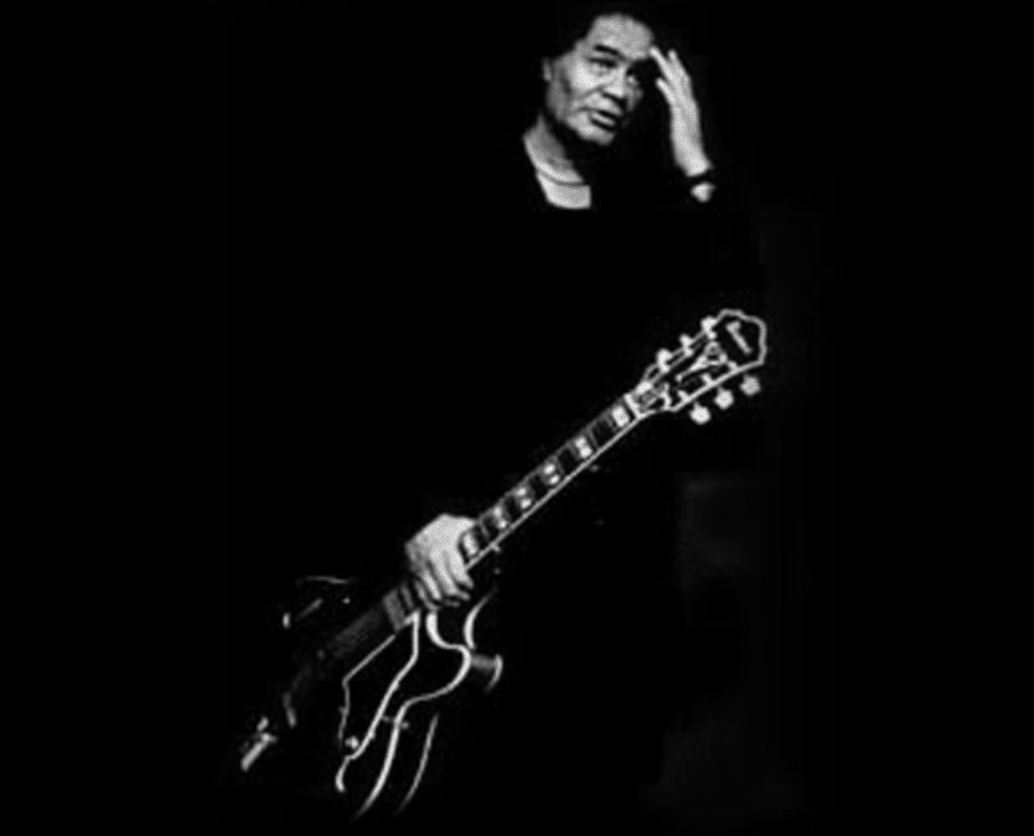
Search for God
I remember staring at
Sonny Greenwich’s hands
as he played on the stage
of l’Air du Temps
in 1983. His right hand
held a pick between
thumb and index
and stroked
ecstatic notes
out of the guitar
that swelled with
the cymbal splashes
and bass tremolos,
as his left hand, three-fingered,
stepped across the frets
like a high-tension wire lineman in a rainstorm.
When he played
chords, steadily
stacking sonic shapes
like toddlers’ building
blocks in an unheretofore
imagined manner, he used
all four fingers, his thumb
wrapped around the neck.
In the creative brain,
what goes on? Decisions
to make on the fly and once
you’ve made them there’s
no stepping back.
I remember, too, his big frizzy hair,
his serious face, his stare at me,
because I was back the next night
watching him again, listening for
the soul of every note
in which Sonny said was
his search for God.
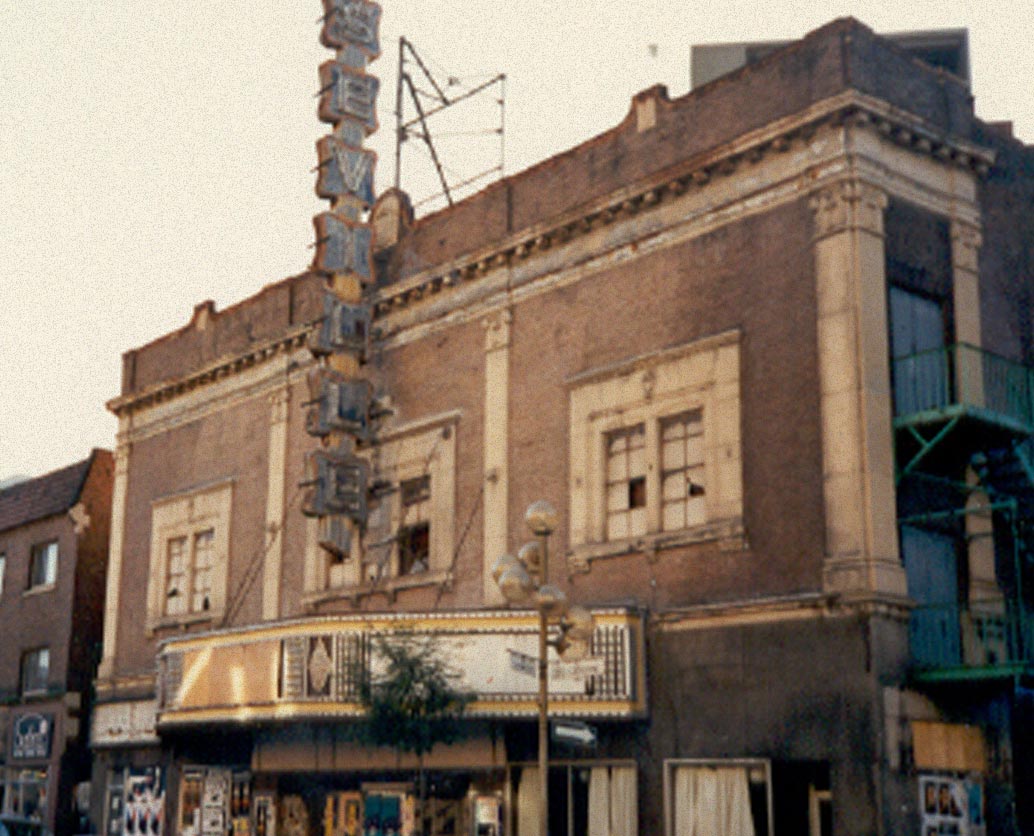
Three Toes Short
Billy Barwick played the meanest hi-hat in town
even though he lost three toes from his left foot
when he was nine, some say in a mowing accident,
some in a run-in with a steamroller.
“Our dream was to go to New York,”
Billy said. But he never left Montréal.
Played instead for dancers and mobsters
in the good old mafia days though they smashed up his drums
one time in a late-night shoot-em-up raid.
At the Seville Theatre in 1945 playing hooky
with his buddy Doug Rollins, he heard Satchmo and Count Basie,
ogled the dancers and wanted to be with them,
him three toes short. Long on attitude and percolating
with rhythm he picked up sticks instead,
taught himself to swing on skins.
But swinging wasn’t enough. The needle
made him one of those nodding junkie cats
who floundered on the rocks of jazz hipster lore
losing the battle between this world and the dream world
realer than any jazz riff could take him to.
Billy died in 2006 of stomach cancer,
had lost a lung to tuberculosis,
had been in and out of drug rehabilitation
and had also become nearly blind.
After his death, a fellow musician said,
“When he was straight, he was a good drummer.”
In 1990, for a gig with the Dawson Blue Devils,
his old buddy Doug Rollins’ band,
we loaded his kit into my Honda. He looked
like Chet Baker. Same
slicked back hair. Same
1980s large-framed glasses. Same
sunken cheekbones. Same
furrowed junkie face, hankering
for a cigarette, though he was trying to quit.
He liked my mustard-yellow B Flat zoot-suit jacket.
It reminded him of old times, and we shared a smoke.
And later with Doug blowing hip, Billy danced
across the drums, and made that high
hat sing, him three toes short.
